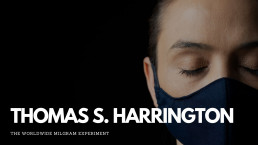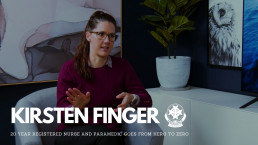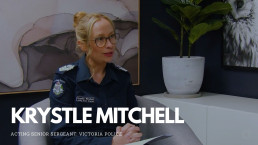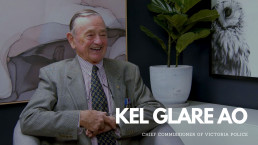The Discernable Interviews
Behzad Nikzad: Data Scientist on Bad Modeling and the Religion of Science
1hr 13min
Behzad Nikzad is a data scientist with a keen interest in mathematics and data modeling. He lives in Quebec, Canada and has experienced the same historic lockdowns as in Melbourne Australia, but under the Trudeau government. He has noticed the models relied upon for lockdowns becoming ever more ridiculous and unjustifiable and sees a sad demise of the scientific method as a technocratic priesthood emerges.
He has written a book on this phenomenon where large swathes of the population are dazzled and/or suppressed by a ruling elite who claim insurmountable knowledge for the layperson. Just like priests before the printing press being the only ones allowed and capable of reading and interpreting holy texts.
In this conversation he walked me through a retrospective data analysis where I was forced to guess which cities and countries had the strongest restrictions based on their results. We also uncovered absolute irrationality on display by SAGE.
We ran out of time to discuss the parallels to his family’s experience under the Taliban in Afghanistan, so Behzad provided this written account:
”
My mom was a teacher in Afghanistan. When the Taliban took over our city in 1995 (the first time) they closed schools for all girls. She could no longer work. She was no longer allowed out of the house without a chaperon. Every woman was required to cover their face.
The Taliban justified this by saying that, through mandates such as face coverings, they would build a better society. Anyone who questioned their logic was told that they were being immoral. My mom experienced the citizen-policing that happened then with people telling each other to cover up their faces. If she felt hot under the face covering and pulled it up for a minute, someone would show up to warn her that it was important for her to wear her face covering.
My mom had to relive that trauma as she became policed by her peers for not wearing her face mask. She told me that she once decided to go a very short distance in an indoor space without a mask and that someone yelled at her for it. She said the experience felt eerily similar to her experiences in Afghanistan during the (first) Taliban era.
“









